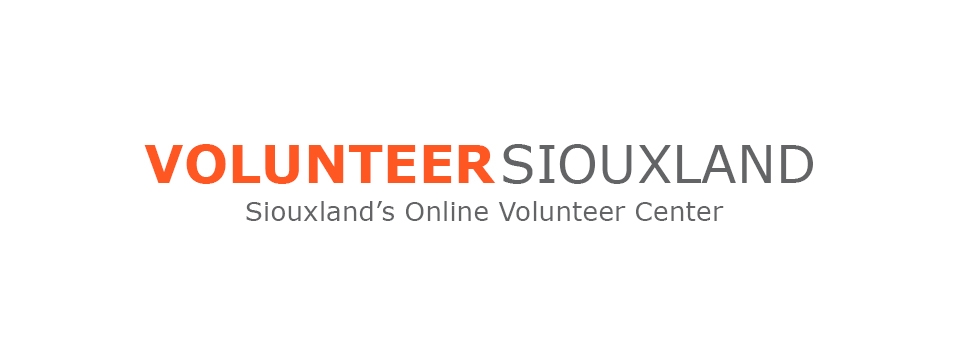Women Aware began in Sioux City, IA in 1979 in response to the nationwide phenomenon of homemakers displaced by divorce, widowhood, societal trends and economic pressures. The goal then, as it is now, was to provide a supportive, instructional environment in which to resolve overwhelming emotional and economic problems and transition into greater economic independence and self-sufficiency. Our services concentrate on issues of self-confidence, management of household dynamics and finances, job preparation and increased earning capacity. Changes in family structure and economic climate have made our networking approach to problem-solving extremely useful to a much wider range of individuals in poverty, including blended families and single parent fathers- more than 900 people per year. Our mission is: "Women Aware … transforming the emotional and economic future of people in transition through advocacy, education, information and referral."
. Our services benefit families that rely on public assistance, families suffering divorce or separation, new arrivals to the community, and those re-entering mainstream society after substance-abuse treatment or incarceration. Our target population is primarily:
- Females between 19 and 50 years of age, who have limited education (high school diploma or less) and/or an interrupted employment history (Approximately 49.7% of local female population), according to the American Community Survey, 2014
- The single-parent population in the tri-state (IA, NE, SD) area
- Any head of household who is marginally employed, or unemployed, and cannot meet their monthly household expenses
- Individuals with multiple barriers that limit their ability to become gainfully employed and earn a living wage (such as unreliable transportation, limited education, criminal history, etc.)
- Also appropriate for: two-parent households living in poverty (9.3%), adults with no children, and individuals who are transitioning out of incarceration or addiction treatment, or transitional housing.
Our counseling imparts resource information that helps clients achieve goals; our advocacy and networking on the clients' behalf increases their access to these resources. Through implementation of an Action Plan developed with Women Aware, clients can access existing services, increase their advocacy skills, knowledge and self-confidence, strengthen linkage to supportive services, and reduce dependency on public assistance. We promote a timely, efficient use of services, not a duplication of services.
The goal of our program is to fend off catastrophic upheaval, such as loss of utilities, housing, or jobs, by dovetailing- not duplicating- services in the community. Long term planning includes, strategies to budget and build up household income, and to avoid costly setbacks such as job loss, moving costs, new fees for rental deposits and/or utility restoration.
By identifying clients who keep “cycling” through support services, we can reeducate them about the appropriate support services criteria they must abide by. This replaces the abuse of services with an educated, practical, and logistical use of one-time assistance programs.



